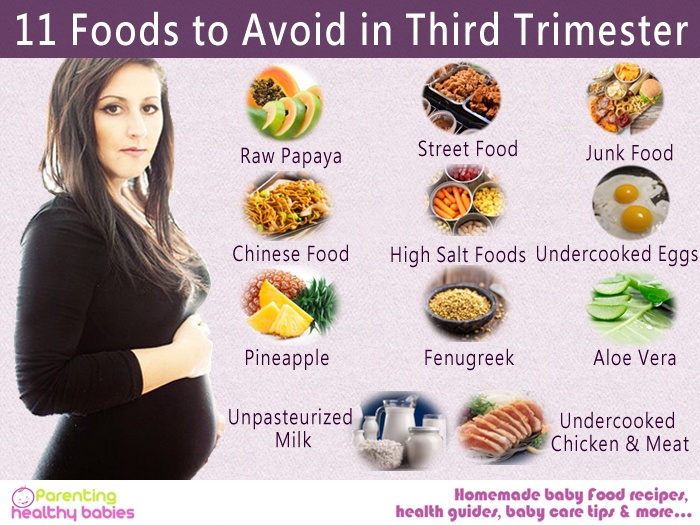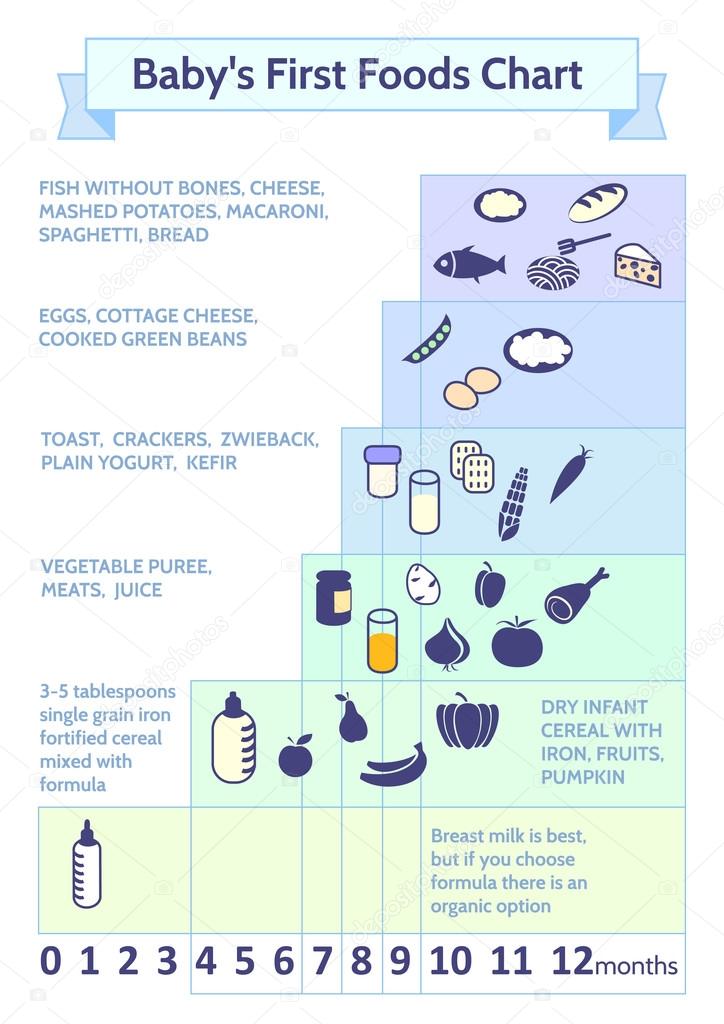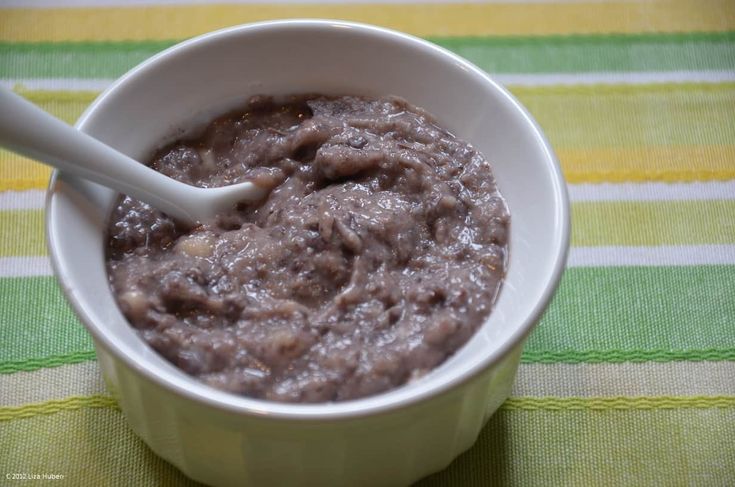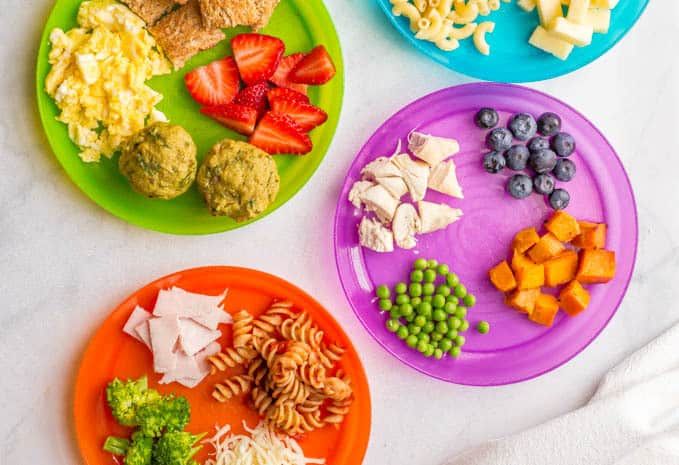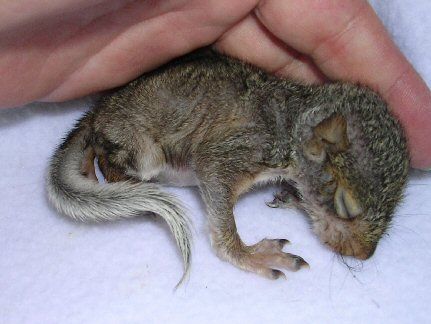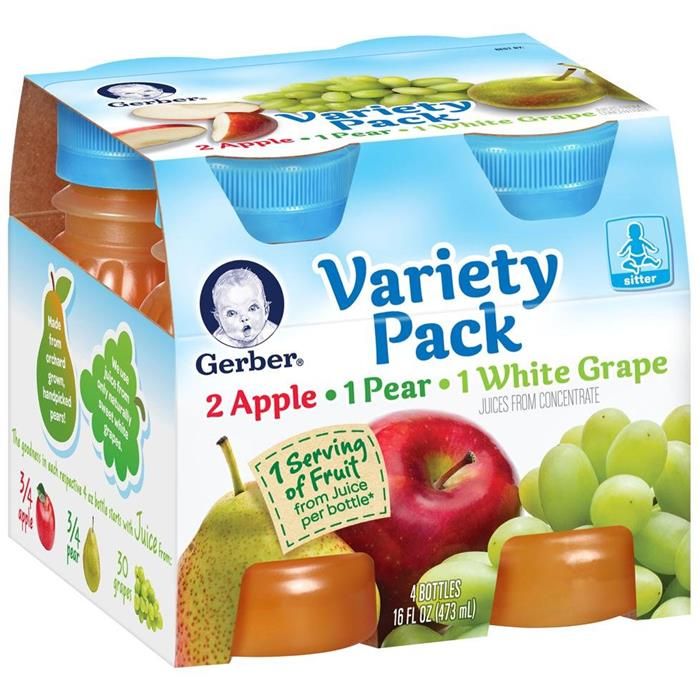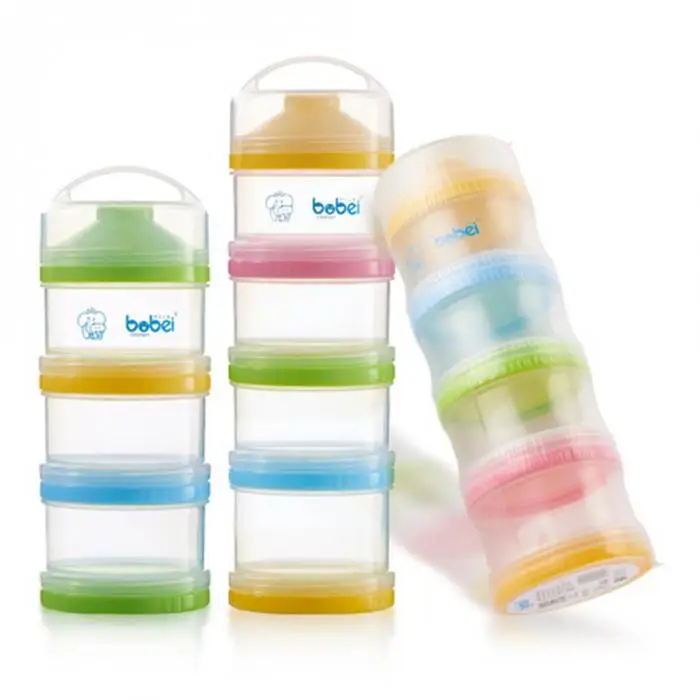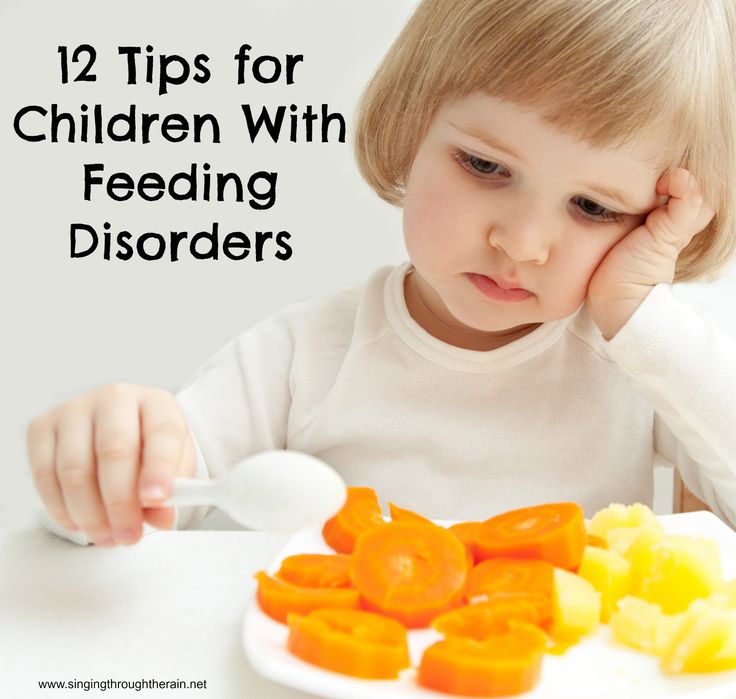Foods to avoid with babies
Foods to avoid giving babies and young children
Salt
Babies should not eat much salt, as it's not good for their kidneys.
Do not add salt to your baby's food or cooking water, and do not use stock cubes or gravy, as they're often high in salt.
Remember this when you're cooking for the family if you plan to give the same food to your baby.
Avoid salty foods like:
- bacon
- sausages
- chips with added salt
- crackers
- crisps
- ready meals
- takeaways
Sugar
Your baby does not need sugar.
By avoiding sugary snacks and drinks (including fruit juice and other fruit drinks), you'll help prevent tooth decay.
Saturated fat
Do not give your child too many foods that are high in saturated fat, such as crisps, biscuits and cakes.
Checking the nutrition labels can help you choose foods that are lower in saturated fat.
See more on food labels.
Honey
Occasionally, honey contains bacteria that can produce toxins in a baby's intestines, leading to infant botulism, which is a very serious illness.
Do not give your child honey until they're over 1 year old. Honey is a sugar, so avoiding it will also help prevent tooth decay.
Whole nuts and peanuts
Whole nuts and peanuts should not be given to children under 5 years old, as they can choke on them.
You can give your baby nuts and peanuts from around 6 months old, as long as they're crushed, ground or a smooth nut or peanut butter.
If there's a history of food allergies or other allergies in your family, talk to your GP or health visitor before introducing nuts and peanuts.
See more on food allergies in babies and young children.
Some cheeses
Cheese can form part of a healthy, balanced diet for babies and young children, and provides calcium, protein and vitamins.
Babies can eat pasteurised full-fat cheese from 6 months old. This includes hard cheeses, such as mild cheddar cheese, cottage cheese and cream cheese.
Babies and young children should not eat mould-ripened soft cheeses, such as brie or camembert, or ripened goats' milk cheese and soft blue-veined cheese, such as roquefort.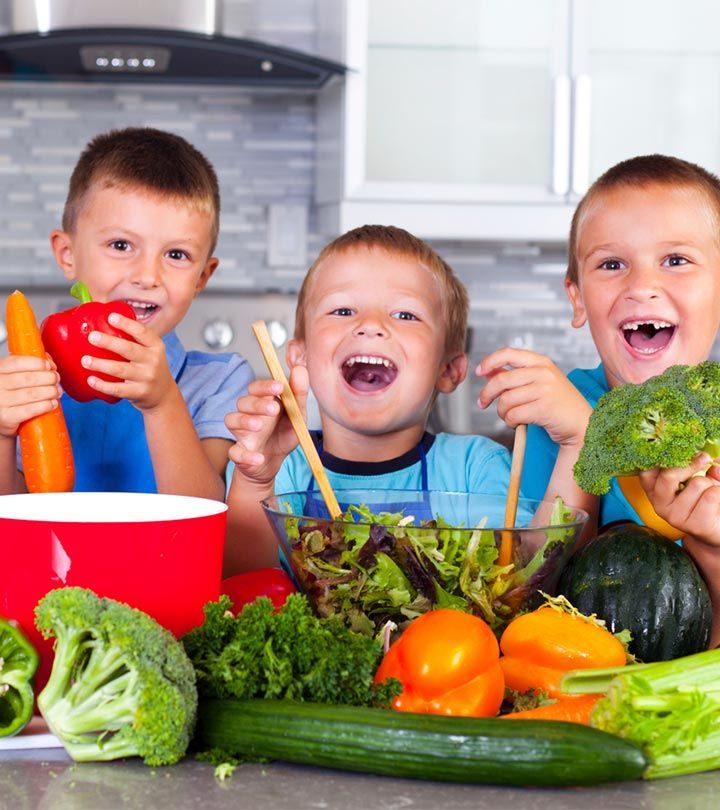 There's a higher risk that these cheeses might carry a bacteria called listeria.
There's a higher risk that these cheeses might carry a bacteria called listeria.
Many cheeses are made from unpasteurised milk. It's better to avoid these because of the risk of listeria.
You can check labels on cheeses to make sure they're made from pasteurised milk.
But these cheeses can be used as part of a cooked recipe as listeria is killed by cooking. Baked brie, for example, is a safer option.
Raw and lightly cooked eggs
Babies can have eggs from around 6 months.
If the eggs are hens' eggs and they have a red lion stamped on them, or you see a red lion with the words "British Lion Quality" on the box, it's fine for your baby to have them raw (for example, in homemade mayonnaise) or lightly cooked.
Hens' eggs that do not have the red lion mark should be cooked until both the white and yolk are solid.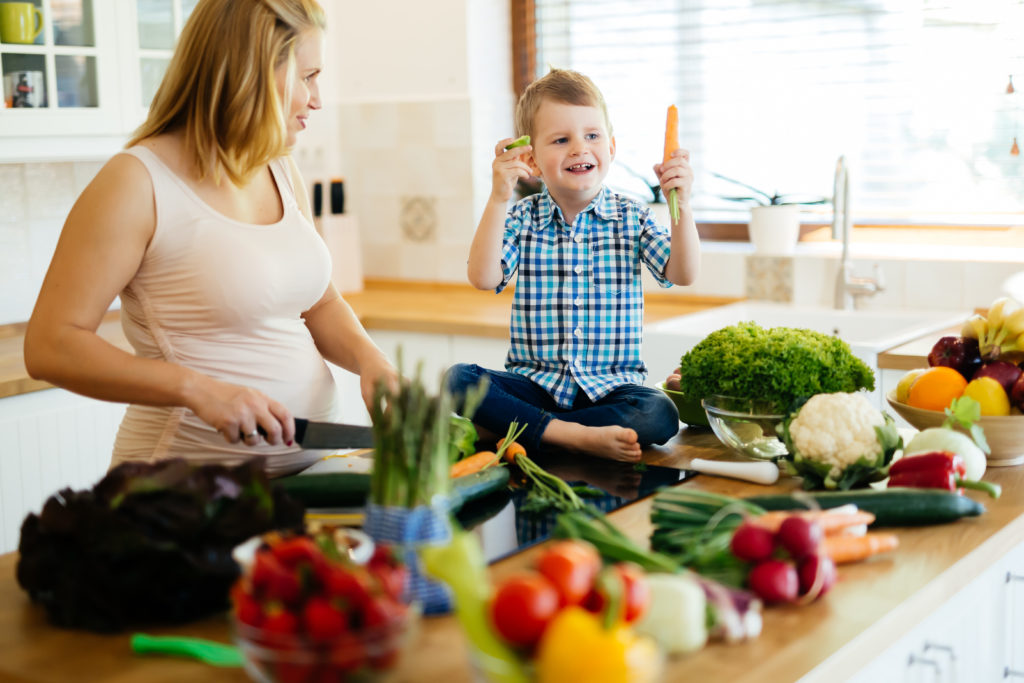 So should duck, goose or quail eggs.
So should duck, goose or quail eggs.
Avoid raw eggs, including uncooked cake mixture, homemade ice creams, homemade mayonnaise, or desserts that contain uncooked egg that you cannot confirm are red lion stamped.
Rice drinks
Children under 5 years old should not have rice drinks as a substitute for breast milk or infant formula (or cows' milk after 1 year old) as they may contain too much arsenic.
Arsenic is found naturally in the environment and can find its way into our food and water.
Rice tends to take up more arsenic than other grains, but this does not mean that you or your baby cannot eat rice.
In the UK, there are maximum levels of inorganic arsenic allowed in rice and rice products, and even stricter levels are set for foods intended for young children.
Do not worry if your child has already had rice drinks. There's no immediate risk to them, but it's best to switch to a different kind of milk.
There's no immediate risk to them, but it's best to switch to a different kind of milk.
Raw jelly cubes
Raw jelly cubes can be a choking hazard for babies and young children.
If you're making jelly from raw jelly cubes, make sure you always follow the manufacturers' instructions.
Raw shellfish
Raw or lightly cooked shellfish, such as mussels, clams and oysters, can increase the risk of food poisoning, so it's best not to give it to babies.
Shark, swordfish and marlin
Do not give your baby shark, swordfish or marlin. The amount of mercury in these fish can affect the development of a baby's nervous system.
Further information
For more information and advice about babies and food, see:
- food allergies in babies and young children
- your baby's first solid foods
- baby and toddler meal ideas
Foods to avoid feeding your baby
Foods to avoid giving your baby include honey, cow's milk, soy milk, fruit juice, sugar-sweetened beverages, unpasteurized foods, and foods with added sugars or too much sodium.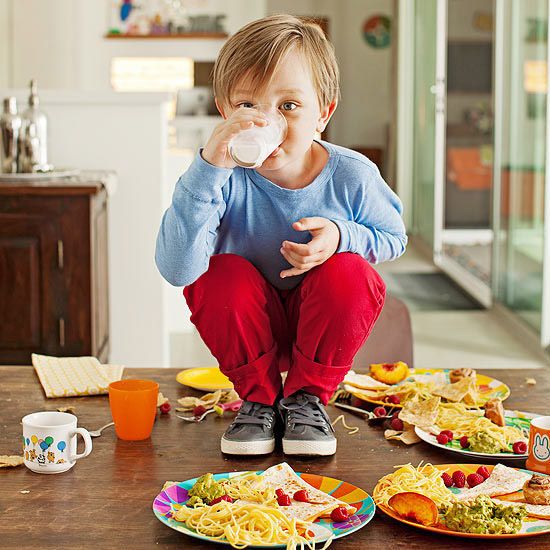 Choking hazards are a serious concern, so don't offer large chunks, raw vegetables, nuts and seeds, hard or crunchy foods, sticky foods, or dollops of nut butters. If allergies run in your family or your baby has eczema, check with the doctor about introducing allergenic foods such as egfgs, peanuts, tree nuts, wheat, soy, fish, and shellfish.
Choking hazards are a serious concern, so don't offer large chunks, raw vegetables, nuts and seeds, hard or crunchy foods, sticky foods, or dollops of nut butters. If allergies run in your family or your baby has eczema, check with the doctor about introducing allergenic foods such as egfgs, peanuts, tree nuts, wheat, soy, fish, and shellfish.
As your baby grows, they'll be eager to sample food from your plate – and you'll be eager to introduce some variety. But not all foods are safe for your child.
Foods to avoid: Birth to 6 months
All food and beverages except breast milk or formula: The American Academy of Pediatrics (AAP) recommends feeding your baby only breast milk or formula for about the first 6 months.
Foods to avoid: 6 to 12 months
Honey: Honey can harbor spores of Clostridium botulinum, which causes botulism. An adult's intestinal tract can prevent the growth of these spores, but in a baby the spores can grow and produce life-threatening toxins.
Cow's milk and soy milk: Stick with breast milk or formula until your child's first birthday. Why? Your baby can't digest the proteins in cow's milk and soy milk during the first year, and these beverages contain minerals in amounts that can damage your baby's kidneys.
Fruit juice and sugar-sweetened beverages: Juice (even 100 percent fruit juice) and sugar-sweetened beverages such as soda and sports drinks aren't recommended for children under 12 months. When babies fill up on these drinks, they miss out on getting the nutrients they need. And though fruit juice seems healthy, it has far more calories and sugar than fresh fruit and can contribute to weight gain and tooth decay. The AAP recommends no fruit juice for babies, and just 4 ounces per day maximum for toddlers ages 1 to 3.
Unpasteurized foods: Don't give babies and children unpasteurized juice or cider or unpasteurized (raw) dairy products. These may contain harmful bacteria and parasites that can lead to serious illness or death.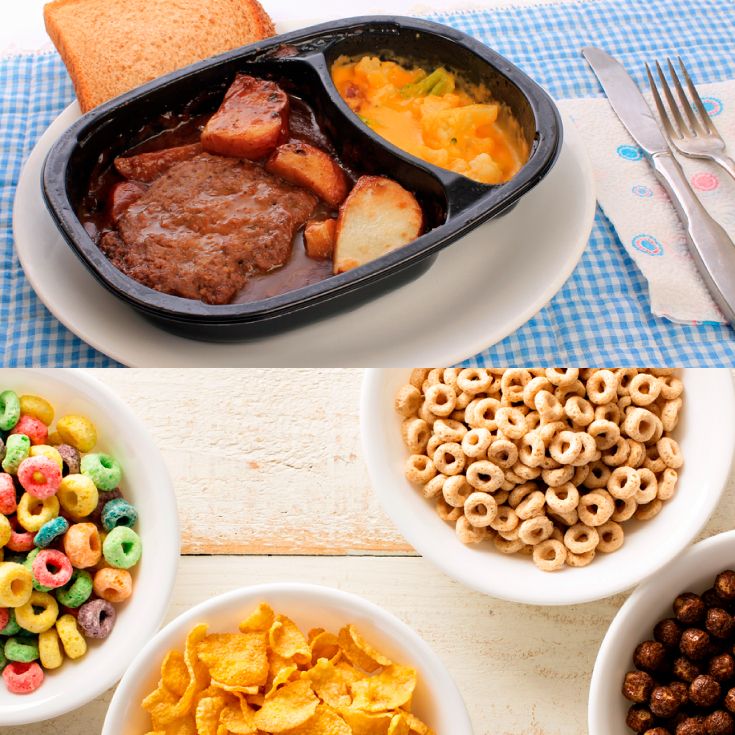
Added sugars: Avoid added sugar in the diets of children under age 2, the U.S. Department of Agriculture and U.S. Department of Health and Human Services advise. These are sugars and syrups that are added to foods or beverages when they are processed or prepared. This doesn't include sugars found in milk and fruits. Too much added sugar in children's diets has been linked to obesity and increased risk for future health problems such as diabetes and heart disease. Check the Nutrition Facts label on packaged foods, and avoid those that list 1 g or more of "Added Sugars."
Too much sodium: Sodium is an essential nutrient primarily consumed as salt. However, too much can be harmful. Children this age don't need more than 1,200 mg of sodium per day, according to the USDA and DHHS. Check the Nutrition Facts label when buying canned, frozen, and packaged foods.
Large chunks: A chunk of food can get stuck in your baby's throat.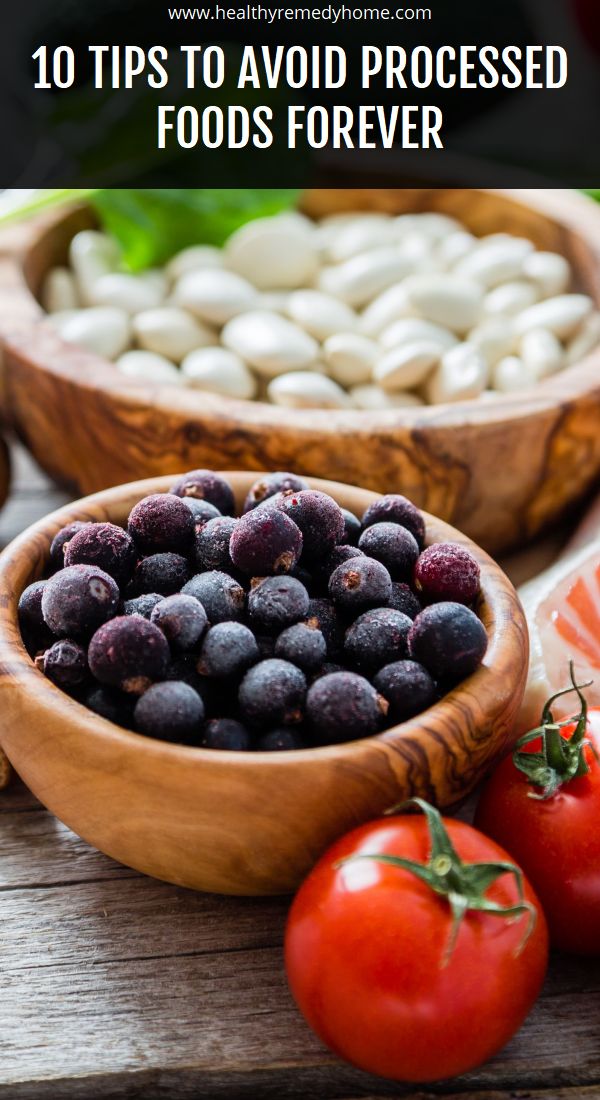 The AAP recommends that you cut food into pieces no larger than 1/2 inch. For example, cut up fruits such as grapes, cherry tomatoes, and strawberries, and shred or finely chop meats, vegetables, and cheeses.
The AAP recommends that you cut food into pieces no larger than 1/2 inch. For example, cut up fruits such as grapes, cherry tomatoes, and strawberries, and shred or finely chop meats, vegetables, and cheeses.
Raw vegetables: Soft-cook vegetables such as carrots, celery, and broccoli, and dice, shred, or cut them into pieces no larger than 1/2 inch before serving.
Nuts and seeds: Remove seeds and pits from fresh fruit such as watermelon, peaches, plums, and cherries before serving. And don't feed your baby nuts or seeds, such as sunflower or pumpkin seeds. Seeds may be too small to choke on but can get stuck in a child's airway and cause an infection.
Hard or crunchy foods: Nuts, popcorn, and pretzels are all choking hazards, as are all hard candies and cough drops.
Sticky foods: Chewing gum and sticky foods – such as jelly or gummy candies, dried fruit, and marshmallows – can get lodged in your baby's throat. Stringy, melted cheese can also be a choking hazard.
Stringy, melted cheese can also be a choking hazard.
Nut butter: The sticky consistency of peanut butter and other nut butters can make it hard for your baby to swallow it. Spread nut butter thinly on bread or crackers. Or thin it with water or applesauce.
Learn more about preventing choking in young children.
Find out about choosing safe finger foods and which foods can be unsafe for toddlers and children up to age 5.
The latest on children and food allergies
Doctors used to recommend waiting until age 1 or even later to introduce solid foods that are common allergens, especially with children at risk for allergies. But the AAP has changed its tune, because studies show that these delays don't help prevent allergies and may even increase the risk of them.
You may be told to introduce foods one at a time, waiting three to five days after each new food to watch for any allergic reaction. Or your doctor may say it's fine to start multiple new foods at once.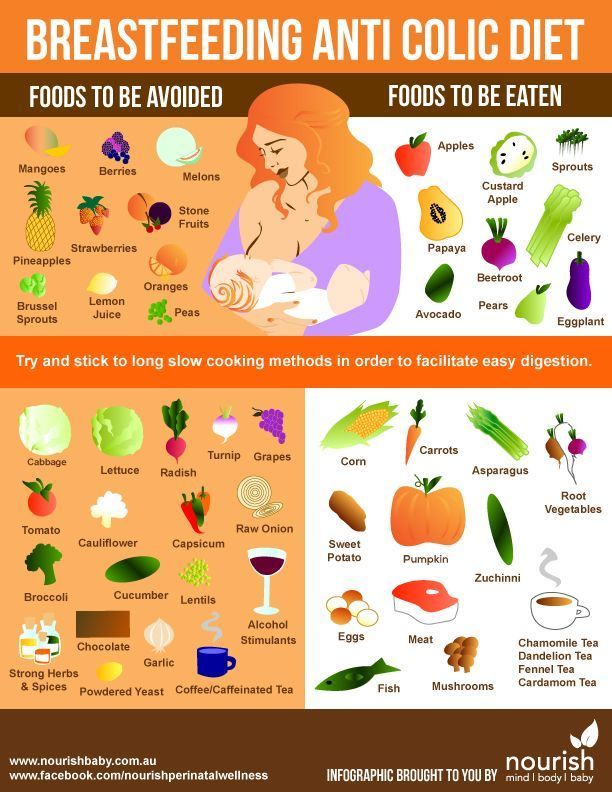 If you believe your baby is likely to have food allergies – for example, if allergies run in your family or your baby has eczema – check with their doctor to determine the best strategy for introducing allergenic foods, which include eggs, milk, peanuts, wheat, soy, tree nuts, fish, and shellfish.
If you believe your baby is likely to have food allergies – for example, if allergies run in your family or your baby has eczema – check with their doctor to determine the best strategy for introducing allergenic foods, which include eggs, milk, peanuts, wheat, soy, tree nuts, fish, and shellfish.
Read more about food allergies in children.
7 foods that are undesirable to give to children under one year old
Of course, modern mothers know that sausages should not be given to babies, soda and cream cakes. What else can not eat children under one year old? We made a list of 7 less obvious foods.
1. Salt
Excess salt in the diet is harmful to the baby's kidneys and can lead to swelling and dehydration. Of course, a lack of salt is also not useful, but in real life, with a normal diet, it practically does not occur: salt is contained in sufficient quantities in most foods, and there is no need to add salt on purpose. And if for us, adults, baby purees and cereals without salt and sugar seem tasteless and disgusting, don’t worry, for a baby, the situation is completely different.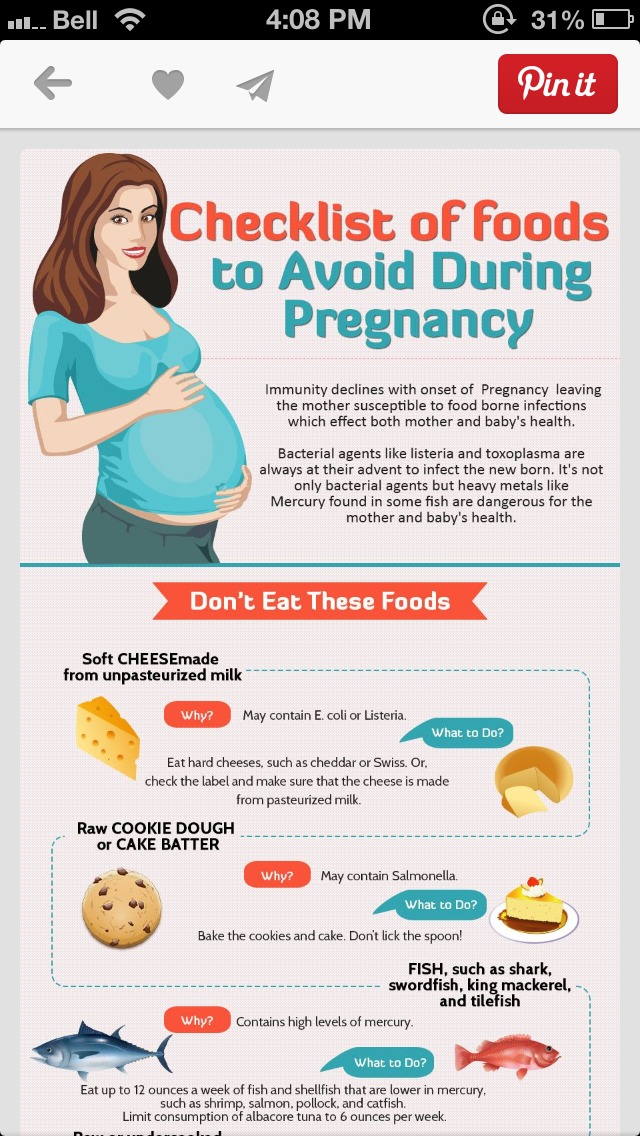
The taste perception of young children is not yet spoiled by excessively sweet and salty foods, flavors and flavor enhancers. If your child refuses mashed broccoli, then most likely he just does not like the taste and texture of broccoli, and not at all the lack of salt.
2. Sugar
Everyone knows the dangers of excess sugar - dental problems, obesity, associated cardiovascular diseases and the risk of developing diabetes. However, it can be very difficult to refuse a cookie or candy to a child familiar with the sweet taste, and tears are usually inevitable. What to do?
The secret is simple - introduce foods with added sugar into your baby's diet as late as possible, at the earliest in the year, although it is better to wait until two years. The National Nutrition Optimization Program for Children aged 1 to 3 years recommends limiting sugar in the diet of toddlers 1 to 3 years of age to 25-30 grams per day, taking into account the sugar found in special baby foods, juices, yogurts, etc.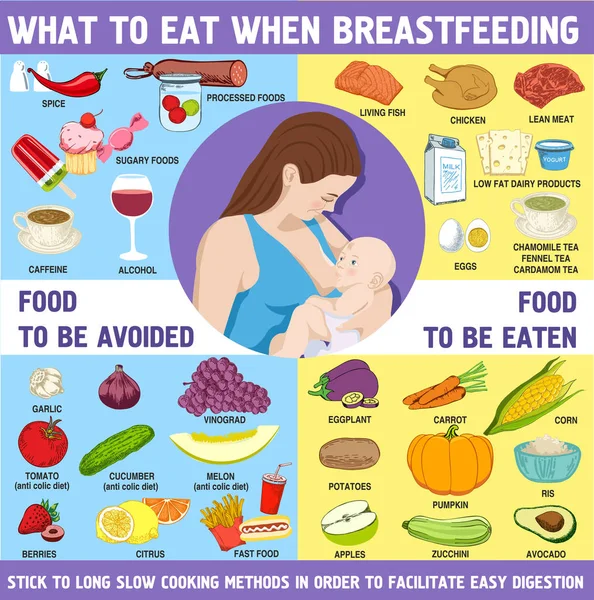
3. Honey
It would seem that honey is a wonderful and healthy alternative to sugar, so why is it not recommended for babies under one year old? In fact, the reasons several. First, honey can contain spores bacteria Clostridium botulinum. The immune system of adults and children older people can easily cope with them, but in babies they can cause a deadly disease called infantile botulism.
Secondly, honey is the strongest allergen, so it is better to postpone acquaintance with it until a later age.
4. Fruit juices and drinks
American Academy of Pediatrics (AAP) released in 2017 New recommendations for adequate intake of fruit juices in infants, young children and adolescents who begin with advice to completely avoid fruit juice for feeding infants life. According to AAP, excessive juice consumption can lead to diarrhea, overeating or, conversely, malnutrition, as well as to occurrence of dental caries*. At the same time, babies can and should be offered Whole fruit, mashed or pureed.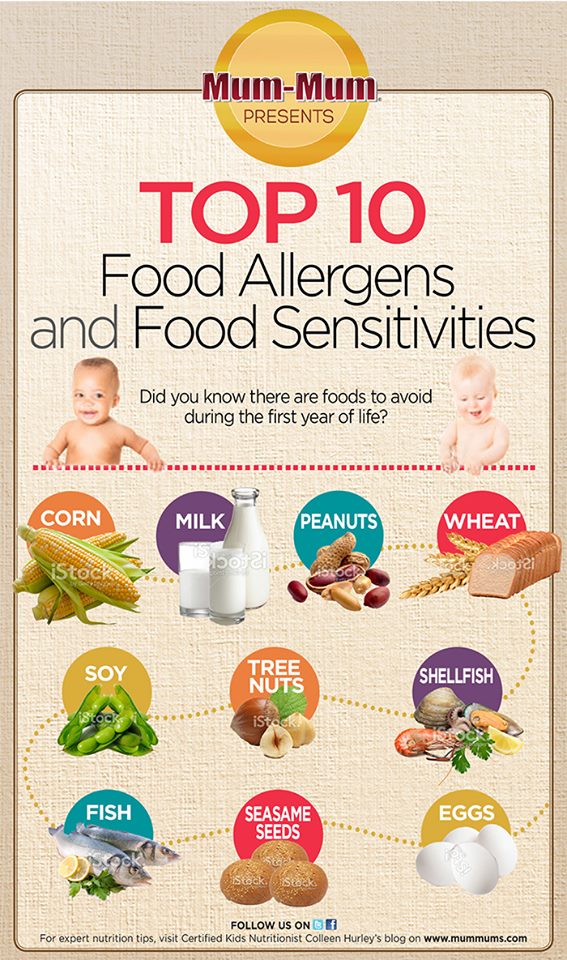
A various fruit drinks and nectars in addition to natural sugar from fruits often contain added sugar, which makes them perfectly unsuitable for feeding babies up to a year.
Breeding of juices and nectars with water does not completely solve the problem, since it does not reduce dental risks. If your child refuses to drink water, try compotes and fruit or herbal teas.
5. Foods that are easy to choke on
The danger of a product to children is determined by several characteristics: consistency, shape, and size. Most often babies gagging slippery, round, sticky, fibrous and hard products.
The most dangerous are all round and large enough to block the airways: lozenges, grapes, cherry tomatoes, nuts**. Not far behind in sad dangerous food rating other candies (especially sticky ones), fish bones and meat and, in fact, the meat itself ***.
Remember that theoretically a child can choke on any food, so never leave your baby unsupervised eating.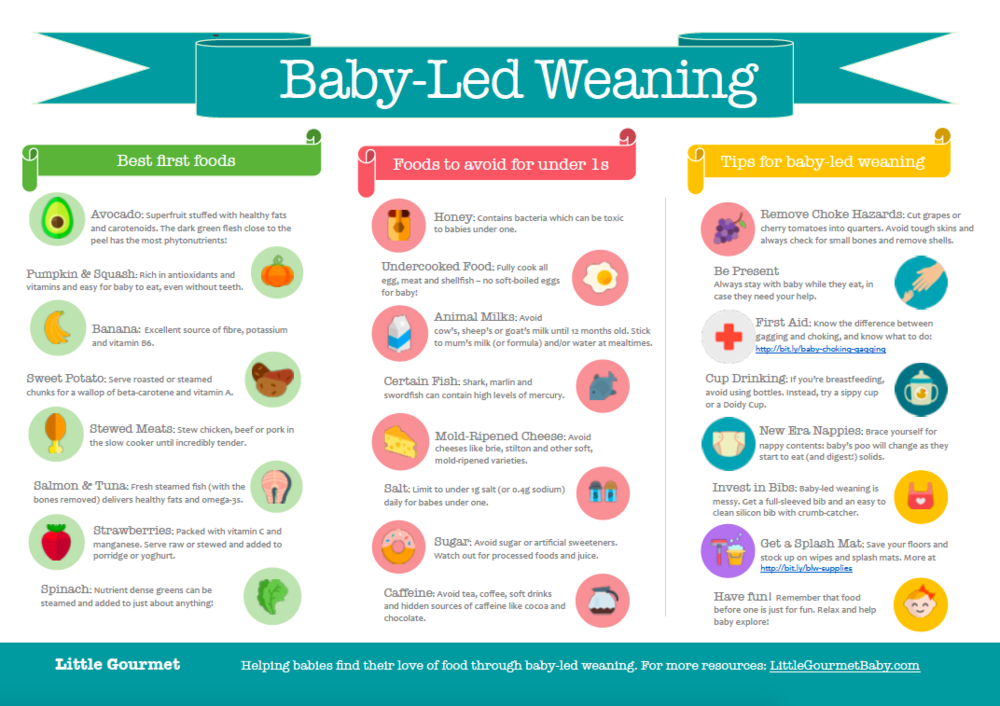
6. Egg white
Have you ever wondered why in all complementary feeding schemes is it the yolk, not the whole egg? Nothing surprising: egg protein is one of the strongest allergens. Up to a year is better limit the baby to only the yolk, and introduce the protein a little later.
Only make sure the eggs are thoroughly cooked. Raw and half-raw eggs may contain a bacterium that causes salmonellosis, a disease deadly for young children.
7. Cow and goat milk
Surprised? Whole cow's milk is the main cause of allergies in children under one year old. In addition, it contains a large amount of lactose, milk sugar, which some babies have difficulty digesting due to the fact that their gastrointestinal tract is not yet sufficiently developed. There are studies linking the early introduction of animal milk into the diet as a substitute for mother's milk or infant formula with an increased risk of iron deficiency anemia and type 1 diabetes.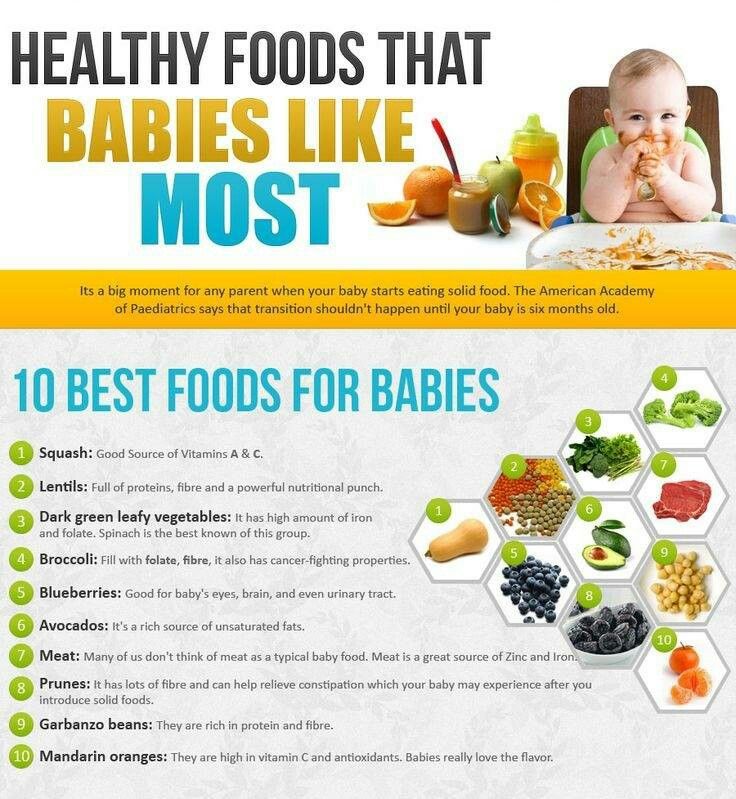 ****
****
Goat milk is actually not much different from cow milk, goat and cow are evolutionarily close, goat milk proteins are very similar in structure to cow proteins, and almost as often cause allergies.
It is advisable to introduce cow's milk into the diet of a child not earlier than 1 year. Interestingly, this rule does not apply to special children's fermented milk products, they are easier to digest and useful for babies.
When using any materials from the site nutriclub.ru, a link to the site is required.
© Nutriclub, 2020
You will also be interested
- Nutriclub - healthy nutrition and child development
- 0-12 months
- Lure
- unwanted foods for children
9 foods to avoid in children with constipation
Many factors can cause constipation in children, including diet.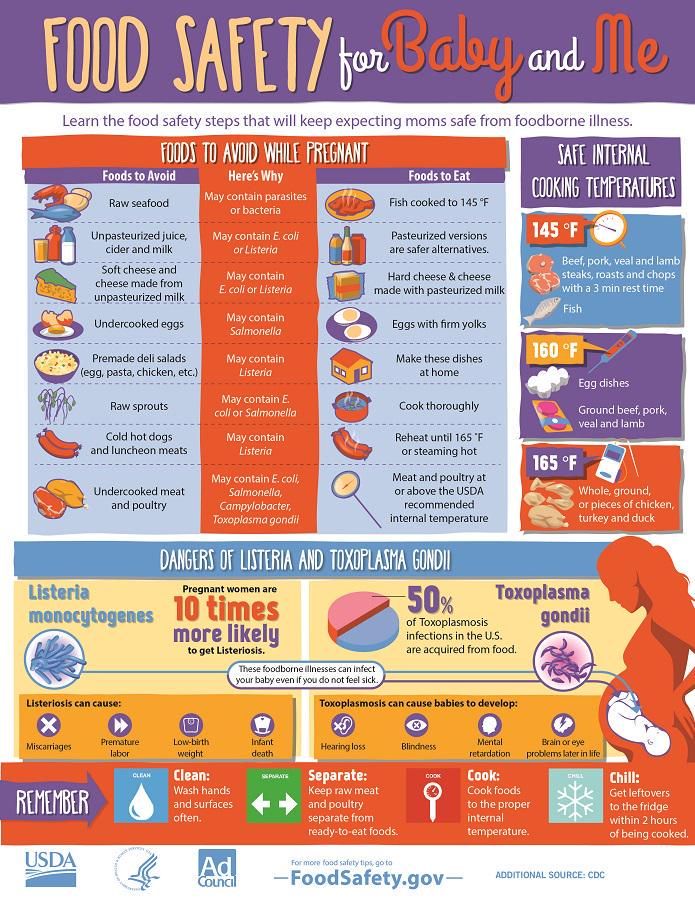 In both children and adults, a diet that lacks fiber or adequate hydration definitely contributes to constipation.
In both children and adults, a diet that lacks fiber or adequate hydration definitely contributes to constipation.
We have compiled a list of nine foods that are not recommended for children with constipation.
1. Fast food
You probably know that fast food is not the best choice for a child's daily diet. But did you know that this food can contribute to constipation?
When a choice of low-fiber foods such as hamburgers, french fries, and fried chicken nuggets is substituted for other high-fiber foods, a fiber deficiency can occur. In addition, many fast food dishes are high in sodium, which in turn changes the fluid balance in the body. This can lead to more difficult stools.
2. Cheese
Under normal circumstances, cheese is a great source of calcium and protein for children, whether it's grilled cheese, pizza or mac and cheese. However, a diet too high in cheese can reduce bowel movements.
Dairy products themselves do not contain fiber.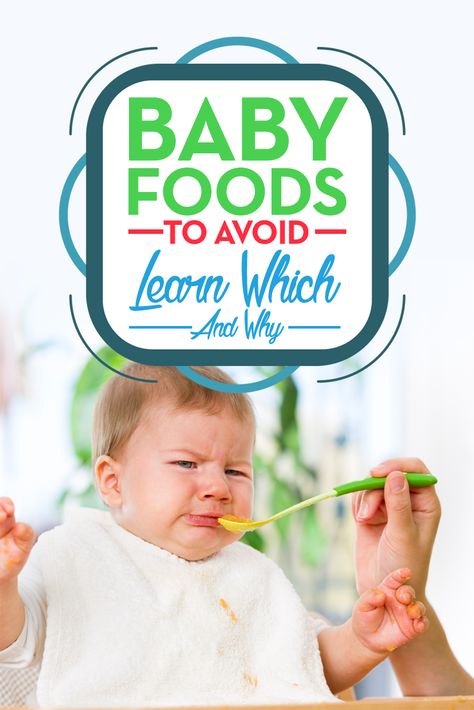 Keep cheese to a minimum for constipation.
Keep cheese to a minimum for constipation.
However, when considering dairy products for children, don't discount yogurt. It is rich in probiotics, which contribute to the prosperity of the intestinal flora and, as a result, a healthier and smoother functioning of the intestines.
A 2011 study found that children who consumed probiotic-rich yogurt daily for five weeks experienced significant improvements in bowel frequency and relief from constipation-related abdominal pain.
The American Academy of Pediatrics recommends two to three cups of whole milk per day for children ages 1 to 2 and 2 to 2.5 cups per day for children ages 2 to 5.
3. Ice cream
If cheese doesn't work, how about ice cream? It is not surprising that the consumption of this dairy dessert should also be limited.
For a delicious after-dinner treat, try a yoghurt dish with fresh fruit instead of ice cream.
4. Processed meats
Processed meats such as hot dogs, bacon, and deli meats not only lack fiber, but are high in fat and sodium, both of which can slow digestion.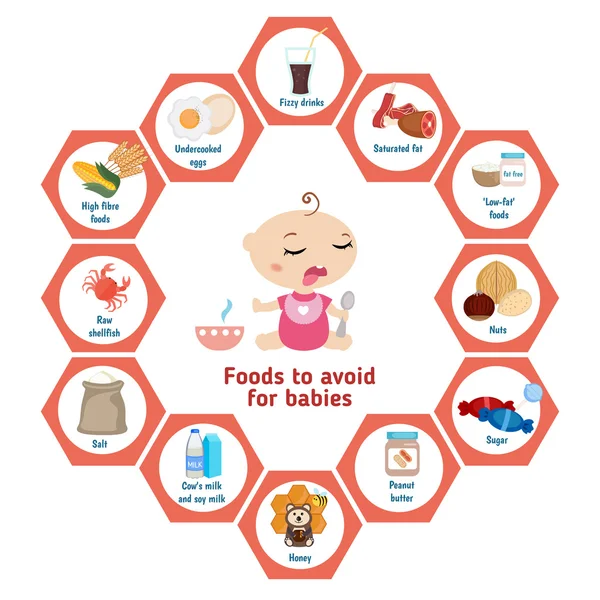 So while a hot dog or bologna sandwich can be a quick and convenient kid's lunch, try opting for high-fiber proteins instead.
So while a hot dog or bologna sandwich can be a quick and convenient kid's lunch, try opting for high-fiber proteins instead.
Mashed chickpeas, chopped vegetables, or bean burger patties are all sandwich toppings that can help.
5. White rice
The refining process that turns brown rice white removes important nutrients, especially fiber. Compared to 8 grams of fiber in one cup of whole grain brown rice, a cup of white rice contains only 4 grams.
One 2020 study found that a diet high in brown rice was more effective in treating constipation in adult women than a diet high in white rice.
If you include rice in a child's daily diet, then only the brown variety - at least if the baby suffers from constipation.
6. White bread
Children may like white bread because of its soft texture and neutral taste, but the intestines are unlikely.
Like white rice, white flour is created through a process that removes key health ingredients.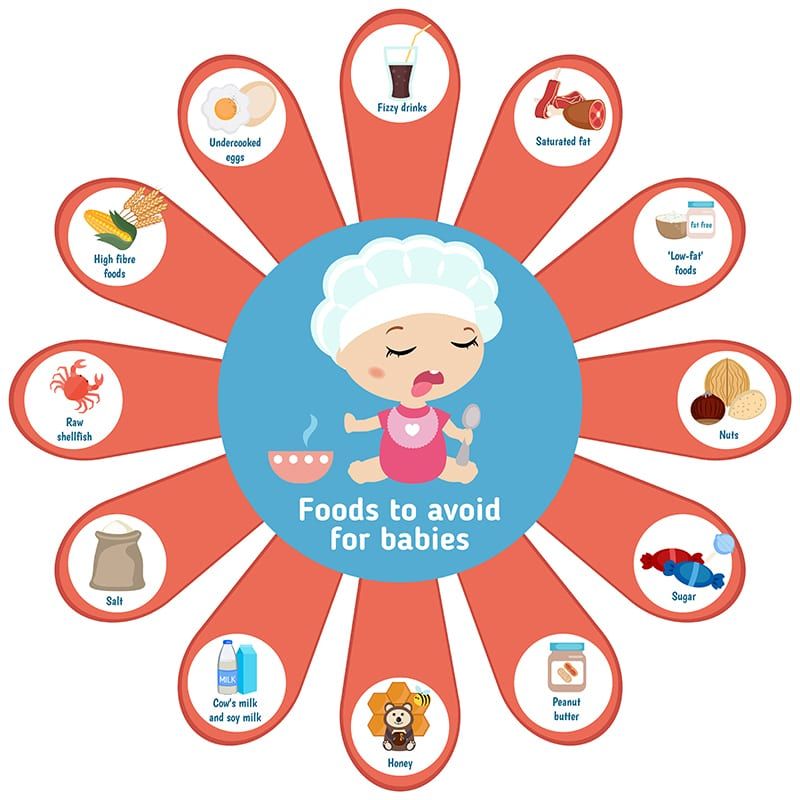 Removing the fiber-rich bran and germ from wheat grains leaves only a portion of the plant's endosperm. While this serving contains some nutrients, such as B vitamins, white flour and bread cannot match the higher fiber content of whole grain wheat.
Removing the fiber-rich bran and germ from wheat grains leaves only a portion of the plant's endosperm. While this serving contains some nutrients, such as B vitamins, white flour and bread cannot match the higher fiber content of whole grain wheat.
7. White flour spaghetti
Pasta made from white flour is also on the list of prohibited foods for constipation. One cup of white spaghetti contains less than one gram of fiber - this does not contribute to the peristalsis of the intestines of the child.
If your little one has never tried whole grain and vegetable pasta, now is the time to start! Research shows that introducing a wide range of foods early increases the likelihood that a child will enjoy more foods later in life.
8. Potato Chips
When it comes to snacking, potato chips are not the healthiest choice to start with, and due to their low fiber content and minimal moisture, they certainly won't speed up bowel movements.